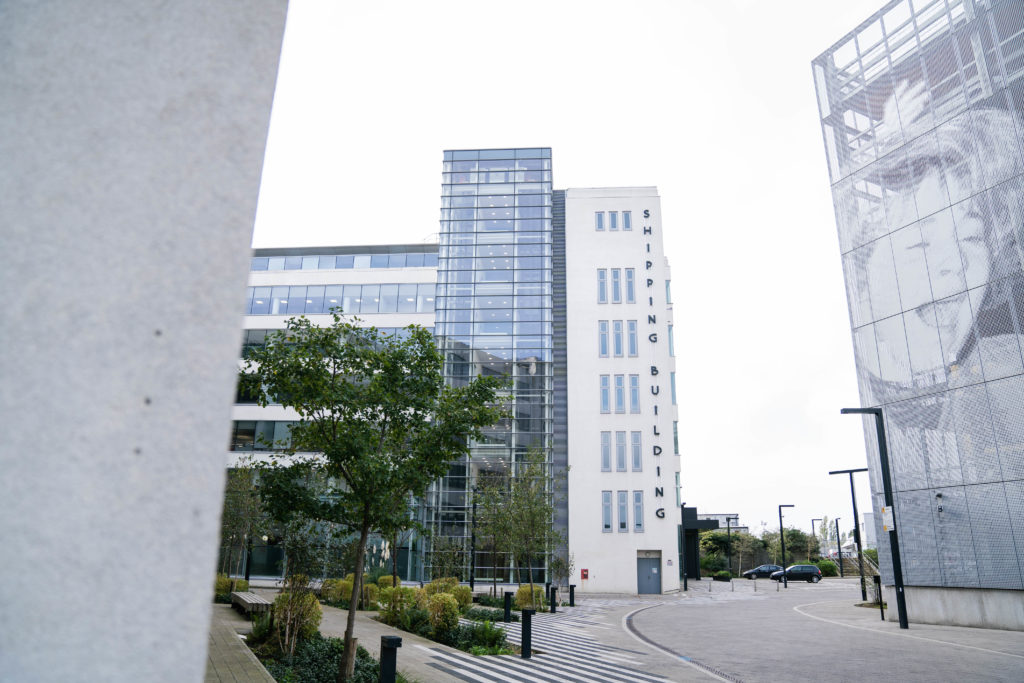The NHS is a national institution with national appeal. It is an institution that has garnered a massive amount of goodwill across the UK population, having played a formative part in tens of millions of lives across the nation and over its decades of existence. But, at present, it is an institution under threat, and one that seems proven to be failing its patients. What is happening, and why might negligence be on the rise?

An NHS Under Pressure
The NHS’s issues are long-standing, stemming back to the early days of austerity policy under David Cameron’s Conservative government. The NHS relies heavily on government funding, which began to shrink as part of wider efforts to ‘balance the books’ after the financial crash of the late 2000s. Since then, funding has more or less stagnated – resulting in real-terms cuts in funding to essential services. Meanwhile, aggressive cuts to the UK’s social care network have increased the burden on the NHS, as frontline services bear more of the brunt.
The NHS’s woes came to a head with the onset of the coronavirus pandemic, which put an unprecedented amount of pressure on the service. Even today, coronavirus continues to exact a heavy toll on hospitals across the country; those with acute symptoms take up vital beds and ventilators already in short supply, all while staff numbers dwindle due to a perfect storm of ancillary factors.
Medical Negligence Claims Rising
One of the more public results of these issues has been a considerable increase in waiting times – both for ambulances and for ‘elective’ procedures, meaning non-essential surgeries that span from minor corrective operations to hip replacements. However, alongside palpable slowdowns in response and access to care, significant questions have started to get raised about the quality of care being given.
With NHS staff stretched at all levels, instances of poor and even negligent care appear to be on the rise. Medical negligence claims arise as a result of a wide variety of potential issues, from misprescription of medicines to mistakes made in surgery. With underfunding and excess strain impacting all corners of the NHS, negligence claims are rising.
Indeed, a recent parliamentary report produced findings that consolidated the above. The report illustrated that compensatory costs were rising within NHS Resolution as a result of both increased overall claims and increased value of individual claims.
The Future of the NHS
So, what does the future hold for what appears to be an ailing NHS? The government have been relatively cagey with regard to increasing NHS funding, a sticking-point against which staff have rallied hard at the start of 2023. Strikes have punctuated the first weeks of the year, as nurses and junior doctors fight for fair pay and better funding. The future is not bright for the NHS at the present moment, but plans are in place – some of which designed by the shadow Labour government – to redress the balance.
Photo credits: Coworking London
